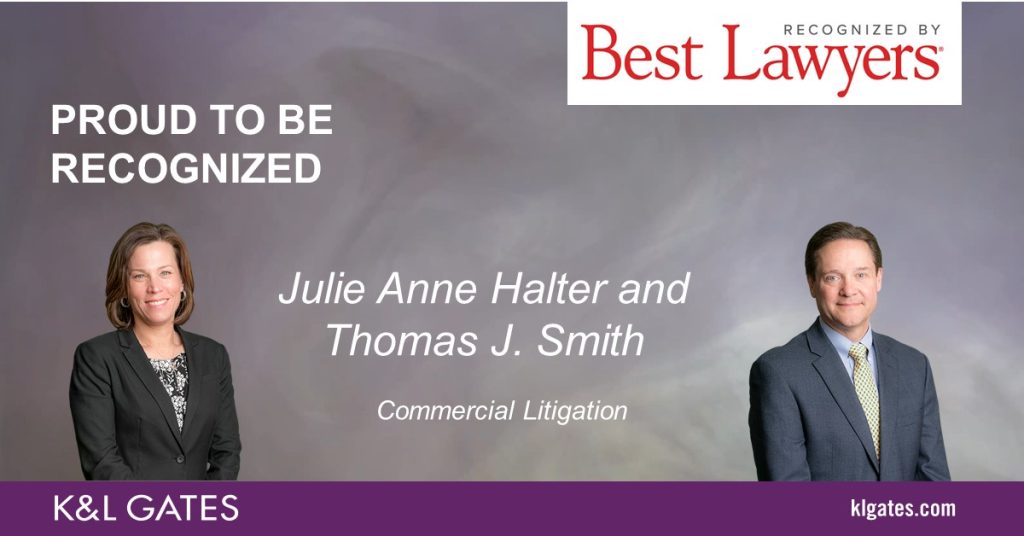New Data Privacy Considerations Heighten the Need for Attention to Records Management and Information Governance Practices
Information governance and records management are important considerations for all organizations. New data and documents are generated at ever-increasing rates through the normal (and “new normal”) course of business, and these data and documents must be maintained for different periods of time to satisfy their business and legal compliance purposes. With regard to legally-mandated retention requirements, certain business sectors (such as banking institutions, aviation and maritime companies, and businesses operating within the scope of federal Department of Energy regulations) are subject to record retention and reporting obligations that extend beyond those applicable to other types of organizations. Also, there may be insurance, contractual, and other considerations applicable to certain types of records that impact the period of time they should be maintained in the ordinary course of business. Finally, the need to preserve records potentially relevant to known or reasonably anticipated legal proceedings can create additional record preservation burdens on an organization.
Read More
